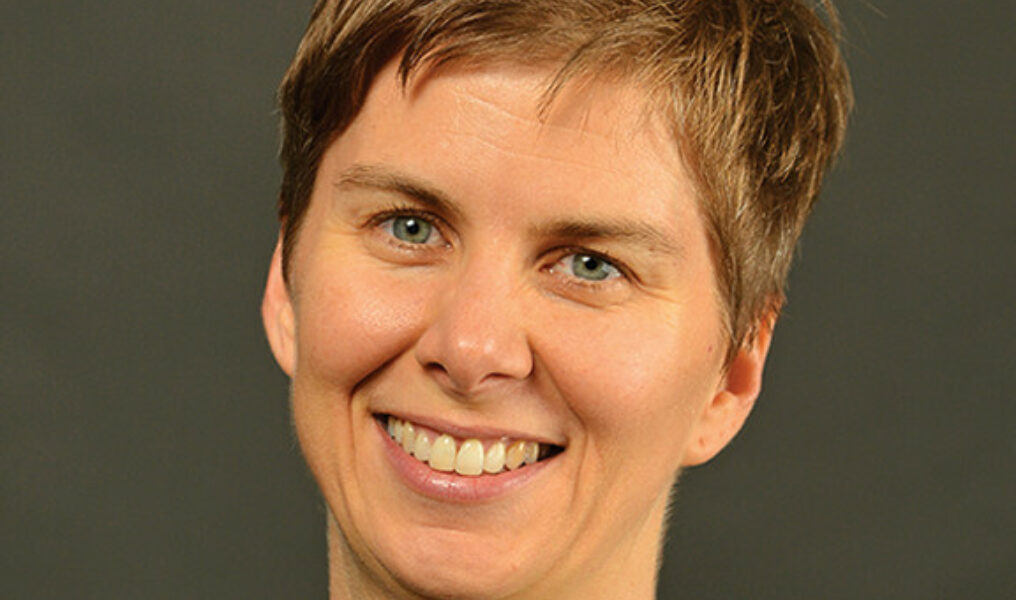Summer just ended in Michigan; it's a bittersweet time. The season is an opportunity to celebrate how far LGBTQ people have come and a reminder of how far we have to go.
The past year has been significant for Michigan in terms of LGBTQ acceptance. Last winter the Michigan Civil Rights Commission issued guidance clarifying that its state laws prohibiting discrimination based on sex also protect members of the LGBTQ community. Shortly thereafter, outgoing Republican Gov. Rick Snyder and incoming Democratic Gov. Gretchen Whitmer issued executive orders protecting LGBTQ public employees from discrimination.
As important as these steps are, the grim reality is that Michigan is one of 30 states without express and enduring protections from discrimination based on sexual orientation and gender identity. That leaves our state's LGBTQ population – estimated at nearly 400,000 – vulnerable to harassment and discrimination.
"The Impact of Stigma and Discrimination Against LGBT People in Michigan" is a new study from the Williams Institute at the UCLA School of Law. It found that the Great Lakes State ranks 20th in the nation on public support for dignity and respect for LGBTQ people. Hostile attitudes toward LGBTQ community members, combined with insufficient legal protections, perpetuate stigma and discrimination. Ultimately, Michigan's failure to advance LGBTQ civil rights weakens the State as a whole.
LGBTQ people in Michigan disproportionately experience economic instability, with 28 percent of LGBTQ adults (compared with 20 percent of non-LGBTQ adults) reporting that their annual household income is below $24,000. The unemployment rate among LGBTQ adults (10 percent) is twice that of non-LGBTQ adults (5 percent).
Anti-LGBTQ discrimination has measurable effects on obtaining jobs and supportive work environments, the report conclusively demonstrates. A 2016 University of Michigan survey found that 28 percent of LGBTQ-identified faculty reported experiencing at least one discriminatory event in the previous year. The 2015 U.S. Transgender Survey found that more than one-quarter of transgender Michiganders have been fired, denied a promotion or not hired for jobs because of who they are. Employment discrimination like this holds back LGBTQ people in Michigan, blocks them from achieving their full potential and blocks the state's economic advancement as well.
Especially troubling are the ways that stigma and discrimination contribute to health disparities among LGBTQ people in Michigan. Adverse health outcomes, like major depressive disorders, binge drinking, substance abuse and suicidality, show up disproportionately in the LGBTQ community. LGBTQ adults in Michigan are more than twice as likely to be diagnosed with a depressive disorder than non-LGBTQ adults. And among students who identify as lesbian, gay or bisexual, an alarming 53 percent say they have seriously considered suicide, compared to 17 percent of their heterosexual counterparts.
The harm of anti-LGBTQ discrimination isn't limited to LGBTQ Michiganders: It also hurts the state economy. Studies show that if we reduce the disparity in major depressive disorder between LGBTQ and non-LGBTQ Michiganders by 25 percent, the state economy would benefit by $122.5 million annually. There's no denying that workplace discrimination that results in lower earnings and unemployment can lead LGBTQ people – especially young people – to disproportionately require public benefits.
Despite the efforts of researchers and advocates to bring these concerns forward, Michigan leaders rarely engage in conversation about the social, economic and health effects of stigma and discrimination. Yet these problems cost the state's economy tens of millions of dollars each year. Without a doubt, the state's current legal and social landscape enable discrimination against LGBTQ people, which in turn imperils LGBTQ health and economic stability. It all adds up to major economic consequences for the state: a losing proposition for everyone.
It's time to address these preventable harms to LGBT people and to the state economy.
Pride season is an opportunity to take steps toward becoming a state where everyone, including LGBTQ people, can thrive. When LGBTQ residents are safe and protected from discrimination, Michigan wins.
For the full report visit: http://gaybe.am/Dd.










